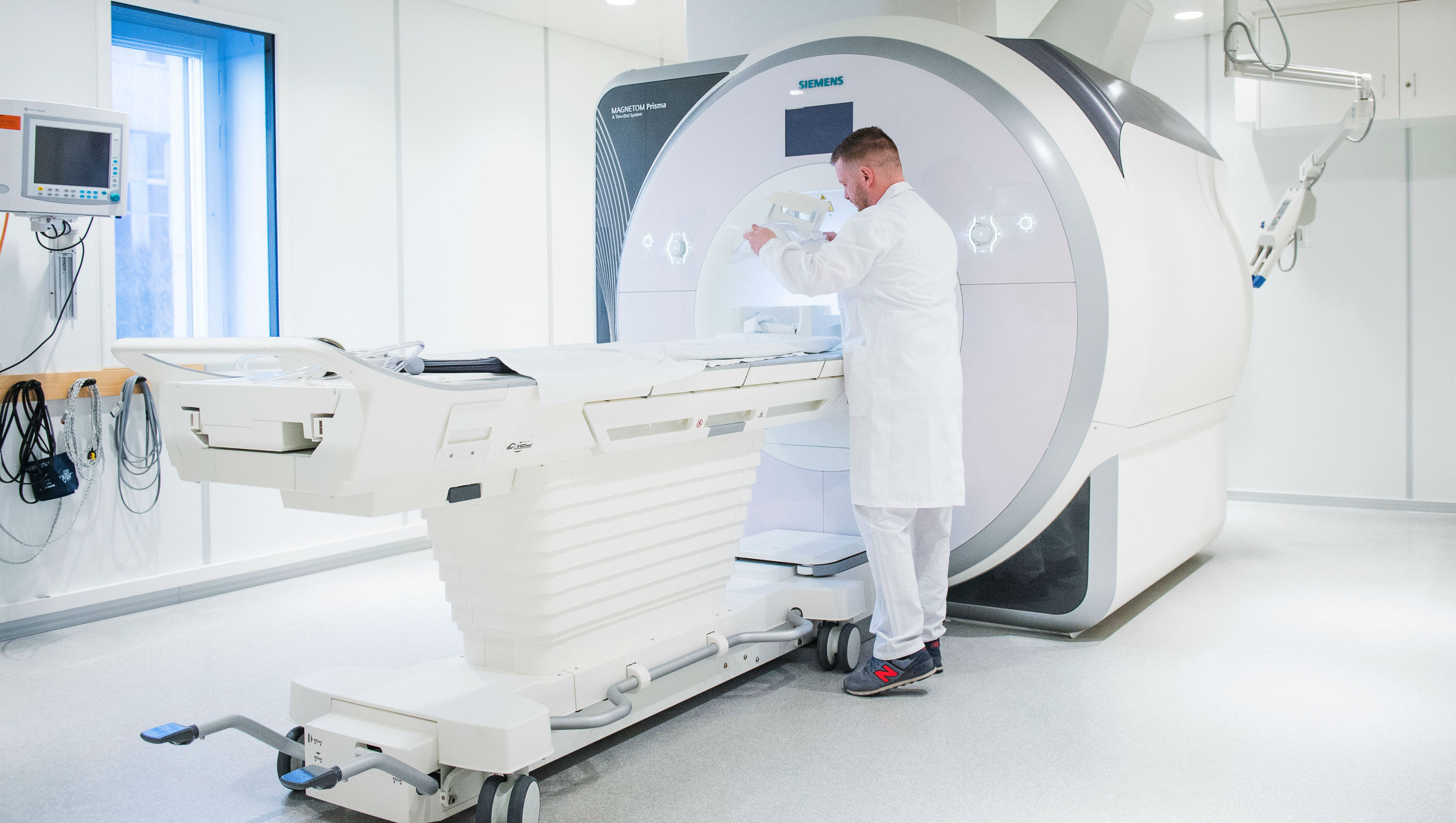'Huge leap' in prostate cancer tests may prevent 25,000 biopsies
MRI scan discovered to be more efficient in identifying dangerous tumours

A free daily email with the biggest news stories of the day – and the best features from TheWeek.com
You are now subscribed
Your newsletter sign-up was successful
A simple scan could help doctors catch and diagnose prostate cancer without the need for biopsies, according to a new study.
Trial results published in The Lancet say an MRI can pick up 93 per cent of aggressive cancers, while biopsies only find 48 per cent and can often miss the tumour altogether.
Scans were also shown to be better at ruling out cancer, as well as identifying benign tumours, a finding that could greatly reduce the number of men having invasive surgery.
The Week
Escape your echo chamber. Get the facts behind the news, plus analysis from multiple perspectives.

Sign up for The Week's Free Newsletters
From our morning news briefing to a weekly Good News Newsletter, get the best of The Week delivered directly to your inbox.
From our morning news briefing to a weekly Good News Newsletter, get the best of The Week delivered directly to your inbox.
Dr Philip Haslam, the chairman of the British Society of Urogenital Radiology, said the findings "represent a huge leap forward in prostate cancer diagnosis".
According to the BBC, the NHS is reviewing whether the scans can be introduced widely, although the cost could be a drawback. Experts also say the limited number of scanners could present a significant obstacle in rolling out the tests across the country
Around 100,000 men in Britain are sent for a biopsy each year after blood tests suggesting they may have prostate cancer, says the Daily Telegraph.
The trial by Prostate MRI Imaging Study, led by researchers at University College London, showed that more than a quarter of them could be spared the procedure.
A free daily email with the biggest news stories of the day – and the best features from TheWeek.com
Patients who undergo a biopsy often do not have an aggressive tumour, or any form of cancer, and run the risk of developing urinary problems or even sepsis as a result of the unnecessary surgery.
Angela Culhane, chief executive of Prostate Cancer UK, said the current system of diagnosis was "notoriously imperfect" and described the new findings as "the biggest leap forward in prostate cancer diagnosis in decades".